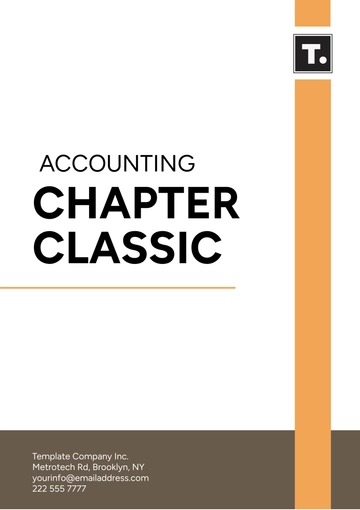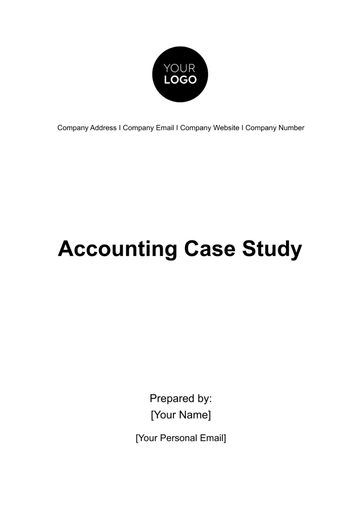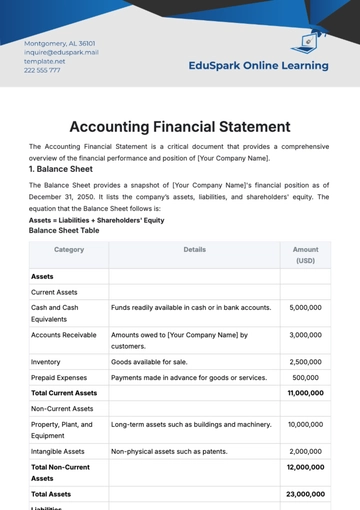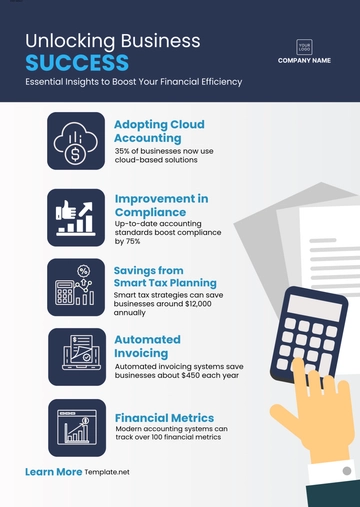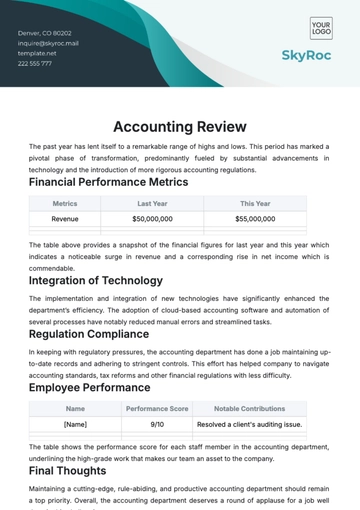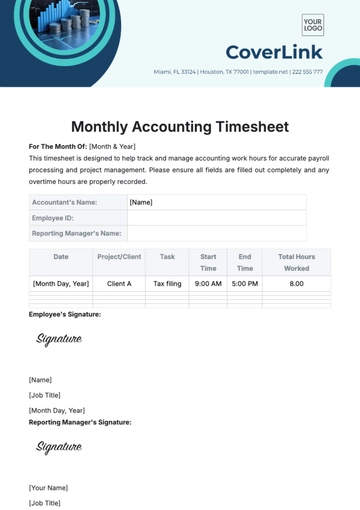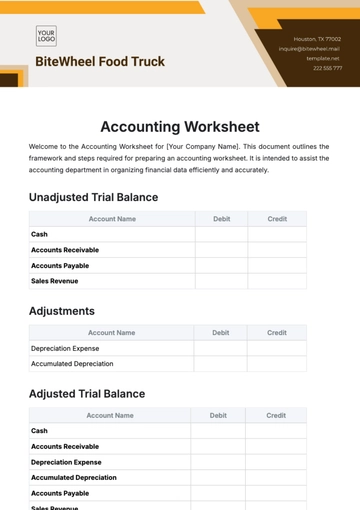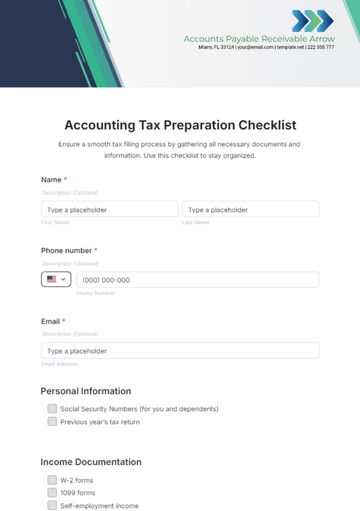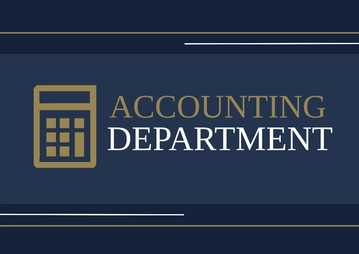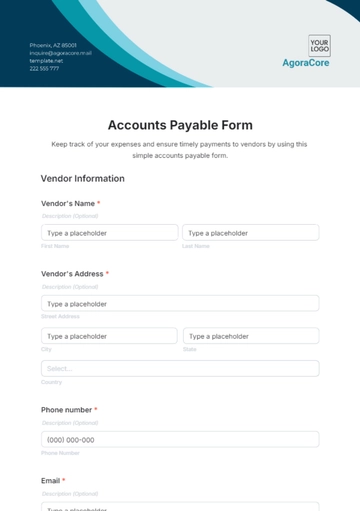Free Account Sustainability Study
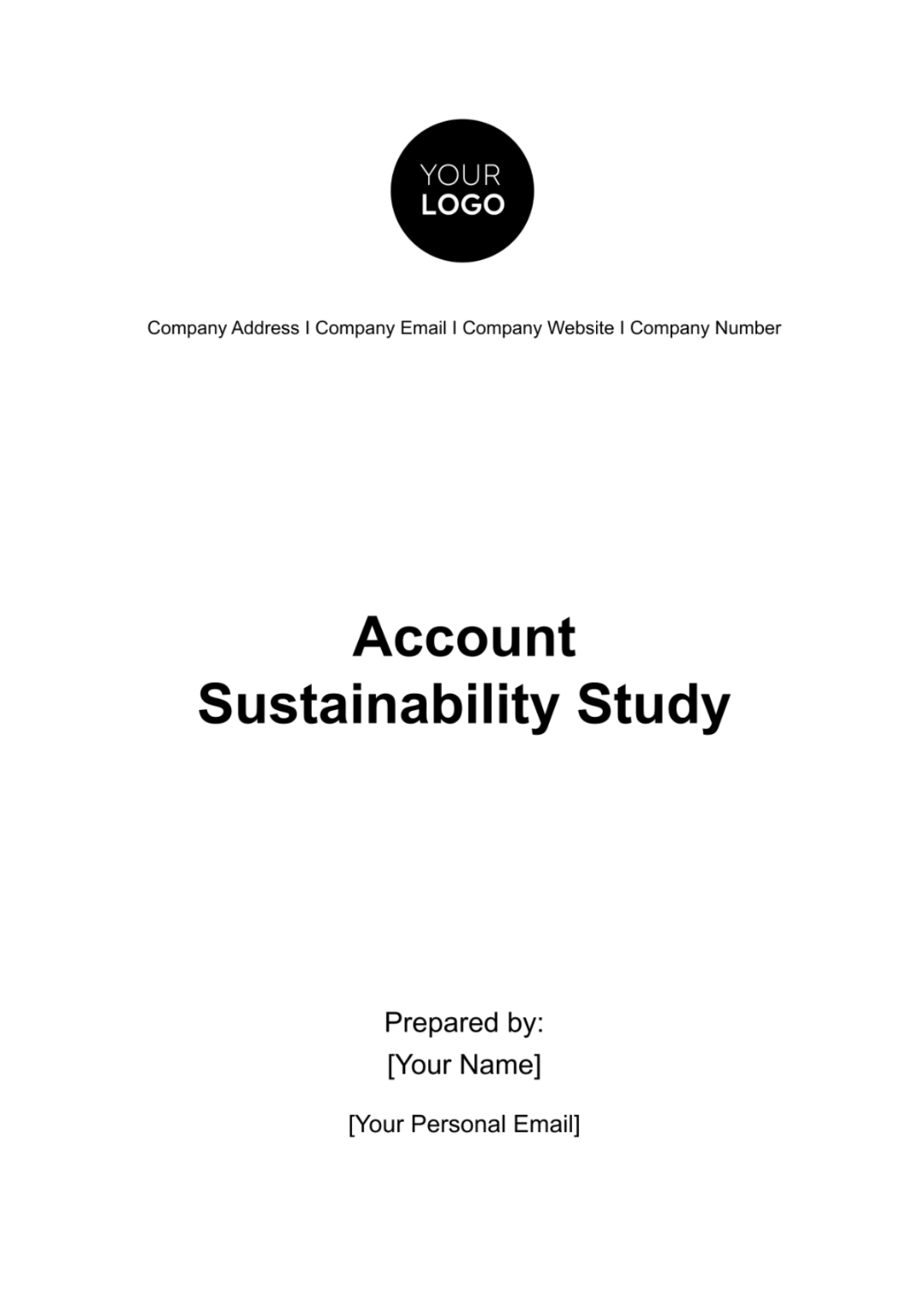
Abstract
The "Account Sustainability Study Document" provides a comprehensive and detailed examination of the evolving landscape of corporate accounting, with a focus on sustainable practices. The aim of this study is not only to assess and enhance the financial profitability of businesses but also to integrate a holistic approach that encompasses ecological stewardship, social responsibility, ethical leadership, and robust corporate governance. This integration is seen as essential for ensuring long-term economic growth and sustainability. In an era where environmental concerns are paramount, and corporate social responsibility is increasingly under scrutiny, this study seeks to bridge the gap between profitability and sustainability. It underlines the need for a paradigm shift in how businesses approach their financial processes, moving beyond traditional metrics to include sustainable development goals (SDGs). By doing so, it aims to provide a blueprint for businesses to thrive in a sustainable economy.
Introduction
Sustainability accounting, often referred to as green accounting, marks a significant evolution in the field of accounting. Traditional accounting has primarily focused on financial transactions, management accounting, auditing, and taxation. However, as global challenges related to environmental and social issues intensify, there is an increasing need for accounting practices to evolve accordingly. Sustainability accounting broadens the scope of accounting to include environmental and social factors, integrating them into the financial decision-making process. This approach enables businesses to measure and report on their environmental impact and social responsibility efforts, providing a more comprehensive understanding of their overall performance. In this study, we delve into the principles of sustainability accounting, examining its implementation in various business contexts and its implications for future business practices. By doing so, we aim to highlight the importance of this emerging field and its role in promoting sustainable business practices.
Objectives
The primary objectives of this study are threefold:
Analysis of Current Practices: We aim to conduct an in-depth analysis of current accounting practices regarding sustainability in businesses. This involves examining how companies integrate environmental and social factors into their accounting and reporting systems. We seek to understand the extent to which sustainability is embedded in the financial decision-making process and identify best practices and areas for improvement.
Impact on Business Performance: A key focus of this study is to assess the impact of sustainability practices on business performance. This includes not only financial performance but also non-financial metrics such as environmental impact, social responsibility, and ethical conduct. We aim to provide a comprehensive view of how sustainability practices influence overall business success and stakeholder value.
Recommendations for Improvement: Based on our findings, we will offer recommendations on how businesses can enhance their sustainability practices within the realm of accounting. These recommendations will be aimed at helping businesses not only comply with regulatory requirements and industry standards but also excel in their sustainability efforts. We intend to provide actionable insights that businesses can implement to improve their environmental footprint, social impact, and ultimately, their long-term viability and success.
This study is designed to offer a holistic view of sustainability in corporate accounting, highlighting the essential role it plays in the modern business environment. By exploring current practices, assessing their impact, and providing recommendations for improvement, we aim to contribute to the development of more sustainable, responsible, and ethical business practices.
Study Methodology
The methodology employed in this study was meticulously designed to ensure a comprehensive understanding of sustainability practices in corporate accounting. It involved a multifaceted approach combining desk research, case studies, interviews, and surveys. Each of these methods contributed uniquely to the depth and breadth of the data collected, enabling a holistic view of the subject matter.
Desk Research: The initial phase of our methodology involved extensive desk research. This process entailed a thorough review of existing literature on sustainability accounting, including academic journals, industry reports, white papers, and relevant legal frameworks. The objective was to establish a solid theoretical foundation for the study, understanding the evolution of sustainability accounting practices, and identifying key trends and challenges in the field. This phase also helped in mapping out the key players in the industry and understanding their approaches to sustainability.
Case Studies: The next phase involved in-depth case studies of selected companies that are recognized for their sustainability practices in accounting. These case studies were chosen based on a set of criteria including industry representation, size of the company, and geographical location. The purpose was to gain insights into the practical application of sustainability accounting principles in different business contexts. These case studies provided real-world examples of how companies integrate environmental and social considerations into their accounting practices and the impact of these practices on their overall performance.
Interviews: To complement the information gathered from desk research and case studies, we conducted interviews with key personnel in the accounting and sustainability departments of various companies. These interviews were instrumental in gaining first-hand insights into the challenges and opportunities associated with implementing sustainability accounting practices. We also interviewed experts in the field, including academics and consultants, to gather diverse perspectives on the subject.
Surveys: Finally, surveys were conducted to collect quantitative data from a broader range of companies. The surveys were designed to assess the extent of adoption of sustainability accounting practices across different industries and to understand the perceived impact of these practices on business performance. The surveys also provided valuable data on the attitudes and perceptions of businesses towards sustainability accounting.
The combination of these diverse methodologies ensured a robust and comprehensive data collection process. It enabled the study to capture both the macro and micro aspects of sustainability accounting, providing a detailed understanding of current practices, challenges, and potential areas for improvement.
Data and Results
The "Data and Results" section of this study presents a concise yet informative overview of the current sustainability practices in corporate accounting across various companies, their impact on business performance, and suggestions for improvement. The data was derived from the comprehensive methodology outlined earlier and provides valuable insights into the state of sustainability in business accounting.
Company Name | Current Sustainability Practices | Effect on Business Performance | Suggestions for Improvement |
|---|---|---|---|
Company 1 | Energy conservation, water conservation | Good | Increase in recycling activities |
Company 2 | Renewable energy, green building | Very Good | Investment in green technologies |
Company 3 | Recycling, water conservation | Average | Investment in renewable energy sources |
Analysis of Companies' Sustainability Practices and Performance
Company 1 (Energy and Water Conservation): Company 1 has implemented energy and water conservation practices in their operations. These practices have led to a 'Good' rating in business performance, reflecting a positive impact on both the company's efficiency and its environmental footprint. The suggestion to increase recycling activities aligns with the company's existing focus on resource conservation, suggesting a potential for even greater sustainability impact.
Company 2 (Renewable Energy and Green Building): Company 2 stands out with its investment in renewable energy and green building initiatives. These practices have earned them a 'Very Good' rating in terms of business performance, indicating a significant positive impact. This not only enhances the company's reputation as a sustainable business but also likely contributes to long-term cost savings and operational efficiency. The recommendation to invest further in green technologies indicates a path towards continued leadership in sustainability.
Company 3 (Recycling and Water Conservation): Company 3's focus on recycling and water conservation has resulted in an 'Average' rating in business performance. While these initiatives contribute positively to sustainability, the average rating suggests there is room for improvement. The suggestion to invest in renewable energy sources could elevate the company's sustainability profile and potentially improve its business performance.
Interpreting the Results and Way Forward
These results provide a snapshot of how different sustainability practices in accounting can influence a company's overall performance. It is evident that companies investing in more comprehensive and innovative sustainability practices tend to perform better. This correlation underlines the importance of not just adopting sustainability practices but also continuously evolving these practices to stay ahead in a competitive and environmentally conscious market.
Moreover, the suggestions for improvement for each company are tailored to build on their existing practices, indicating a strategic approach towards sustainability. These recommendations are aimed at enhancing the companies' sustainability efforts, which in turn could lead to better business performance and a stronger reputation for corporate responsibility.
The data and results from this study offer valuable insights for businesses looking to integrate or enhance sustainability in their accounting practices. It highlights the importance of a proactive approach to sustainability, demonstrating that effective sustainability practices can lead to tangible benefits in business performance. Additionally, the study underscores the need for continuous innovation and adaptation in sustainability strategies to meet evolving business and environmental challenges.
Conclusion
The comprehensive analysis presented in this study has significantly contributed to our understanding of sustainability accounting in the modern business landscape. It provides not only a broad perspective but also delivers specific insights into the current state of sustainability practices in corporate accounting. The findings reveal a dynamic interplay between financial management and sustainable development, highlighting the increasing importance of integrating environmental and social considerations into business operations and reporting.
Our study has identified key areas where businesses can enhance their accounting practices to align more closely with sustainability goals. These include the adoption of advanced resource conservation methods, investment in renewable energy, and the integration of green building practices. Moreover, the study underscores the importance of continuous innovation in sustainability strategies, adapting to emerging environmental challenges and evolving market demands.
The impact of these sustainability practices on business performance has been distinctly positive. Companies that have embraced comprehensive and innovative sustainability initiatives have demonstrated improved operational efficiency, cost savings, and enhanced reputational value. This correlation between sustainability practices and business success provides a compelling argument for businesses to commit to more environmentally conscious and socially responsible accounting practices.
Furthermore, the study's recommendations offer actionable steps for businesses seeking to improve their sustainability profile. These suggestions are tailored to build upon existing practices, providing a roadmap for businesses at various stages of their sustainability journey.
In conclusion, this study highlights the critical role of sustainability accounting in shaping the future of business. As the world grapples with environmental challenges and social inequalities, the need for businesses to adopt sustainable practices has never been more urgent. By integrating sustainability into accounting practices, businesses can not only contribute to a more sustainable world but also unlock new opportunities for growth and success. This study serves as a guide for businesses ready to embark on this transformative journey, providing the tools and insights needed to navigate the path towards a more sustainable and profitable future.
- 100% Customizable, free editor
- Access 1 Million+ Templates, photo’s & graphics
- Download or share as a template
- Click and replace photos, graphics, text, backgrounds
- Resize, crop, AI write & more
- Access advanced editor
Unveil a powerful tool for financial analysis with Template.net's Account Sustainability Study Template! This dynamic document is fully editable and customizable using our intuitive AI editor tool. Dive deep into your company's financial stability, assess risks, and strategize for a secure financial future. Begin your journey towards informed decision-making today!





